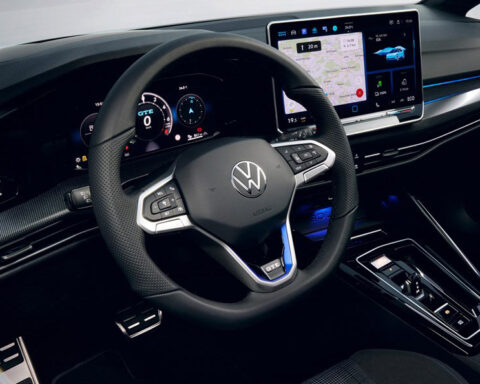The European Commission has formally validated the classification of tech companies and their services as “gatekeepers” under the rigorous Digital Markets Act (DMA). These companies were initially included in a provisional list released in early July, and they predominantly comprise major American tech corporations, including Alphabet, Amazon, Apple, Meta, and Microsoft, alongside China’s ByteDance.
In essence, the Digital Markets Act (DMA) represents the European Union’s attempt to address the market dominance of Big Tech. It aims to promote competition by dismantling entrenched platforms, mitigating ecosystem lock-in, and curbing anti-competitive practices. This shift encourages these companies to compete solely based on the quality of their products and services.
The specific regulations that companies must adhere to will vary based on which of their services meet the Commission’s regulatory threshold, termed as “core platform services.” For instance, Meta’s Instagram and Facebook will be subject to regulation as online social networking services, Google Search will be regulated as a search engine, and Microsoft’s Windows will be regulated as an operating system.
The DMA uses several criteria to determine whether a company and its service should be classified as a gatekeeper. These criteria include whether a company has an annual turnover exceeding €7.5 billion in Europe and a market capitalization surpassing €75 billion, as well as whether a service attracts more than 45 million monthly active users in the EU.
The full list of core platform services, as announced by the European Commission is as follows:
- Social Networks: TikTok, Facebook, Instagram, LinkedIn
- N-IICS (aka messaging services): WhatsApp, Messenger
- Intermediation: Google Maps, Google Play, Google Shopping, Amazon Marketplace, Apple’s App Store, Meta Marketplace
- Video Sharing: YouTube
- Advertising services: Google, Amazon, Meta
- Web Browsers: Chrome, Safari
- Search: Google Search
- Operating Systems: Android, iOS, Windows
Microsoft’s Bing search engine and Edge browser are noticeably absent from the list, but the Commission has indicated that it will initiate market investigations to determine if they warrant regulatory inclusion. A similar evaluation applies to Apple’s iMessage service. The Commission has stated that these investigations should conclude within five months, potentially leading to a requirement for Apple to enable iMessage interoperability with rival services upon request. Furthermore, there is an ongoing investigation, expected to last no more than a year, to determine whether iPadOS should be classified as a gatekeeper.
Services like Google Search (and potentially Bing if it’s included) will have to provide users with the option to choose alternative search engines. Operating system providers will also be required to enable users to uninstall pre-installed apps and modify system defaults, such as virtual assistants and web browsers. Gatekeepers will face restrictions against promoting their own products and services over those of other companies on their platforms. The Commission has published a comprehensive FAQ document that outlines all of these obligations in detail.
In cases where designated gatekeepers fail to adhere to the DMA’s regulations, the Commission has the authority to issue fines amounting to as much as 10 percent of the company’s global annual revenue. For repeat violations, fines could escalate to as much as 20 percent. Additionally, the Commission retains the option to implement structural solutions, such as compelling a gatekeeper to sell portions of its business.





